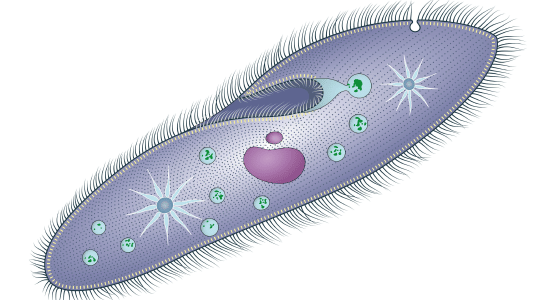Malignant mesothelioma is a uniquely aggressive and challenging form of cancer. The rare, asbestos-related disease has proven itself resistant to almost all standard cancer treatments, and while some researchers work to modify those protocols, others are investigating what it is about the disease that protects it. Now a group of researchers from the University of Siena and the Sbarro Health Research Organization has found a unique characteristic in the cancer’s cells.

Mesothelioma Cells Lose Primary Cilia
To understand the impact of the researchers’ discovery on the understanding of mesothelioma, you need to think back to your middle school biology classes, and the word “cilia.” The cilia are short, microscopic, hairlike structures on the surface of certain cells that either cause currents in the surrounding fluid or provide propulsion.
According to a study published in the journal Cancers, the primary cilium in mesothelioma is lost in the more aggressive subtypes of mesothelioma. This information may be useful both for diagnosing mesothelioma and for helping physicians predict the course of a particular patient’s disease. It may also aid in the understanding of why mesothelioma is so aggressive and why it is hard to treat.
Discovery Adds to Knowledge About Mesothelioma
In the case of the mesothelioma cells, the primary cilia’s disappearance is likely to override the cell’s innate tumor suppressor function, but the researchers acknowledge that there is still much more to learn. According to Professor Antonio Giordano, M.D., Ph.D., Professor at the Department of Medical Biotechnology of the University of Siena and President of the Sbarro Health Research Organization (SHRO), “With this study we have identified a possible marker of the heterogeneity of this orphan disease, mesothelioma, a tumor with still poor prognosis. The improvement of existing treatments for mesothelioma is mainly hampered by the heterogeneity that characterizes it.”
Echoing his thoughts, Cristiana Bellan, Professor at the Department of Medical Biotechnology of the University of Siena said, “This study underlines the importance of tailored therapies for mesothelioma patients, and in this context our analysis can help identify which patients could benefit from specific treatment.”
Greater understanding of malignant mesothelioma will help advance treatment. For more information, contact the Patient Advocates at Mesothelioma.net today at 1-800-692-8608.
